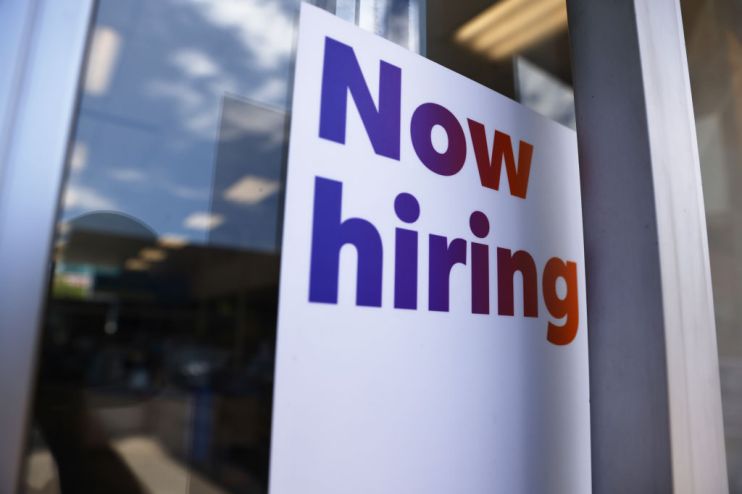CBI chief calls for government to act urgently to clear worker shortages

The chief of the Confederation of British Industry has urged the government to take drastic action to help clear severe worker shortages that have put the British economy in a vice.
Tony Danker, director general at the CBI, urged the government to put HGV drivers on a list that exempts them from stricter post-Brexit immigration to enable firms to hire overseas workers at speed.
Danker has warned that shortages could last as long as two years and Government cannot wait for them to “solve themselves.”
“The government promised an immigration system that would focus on the skills we need rather than unrestrained access to overseas labour,” Danker said.
“Yet here we have obvious and short-term skilled need but a system that can’t seem to respond. “
Shortages of workers is particularly acute in the UK compared to other nations due to Britain coping with both the twin impact of the Covid crisis and Brexit.
High levels of EU staff have left the UK since Brexit and the onset of the pandemic, reducing the pool of available HGV drivers and leisure and hospitality workers.
Although firms knew they could use the EU Settlement Scheme to retain workers, resources have been diverted to dealing with the fallout of the Covid crisis, meaning completing applications became a lower priority over the last 18 months, the CBI highlighted.
“Shortages are at multiple skill levels, from entry level front of house workers, through scaffolders and carpenters, through to skilled workers in butchery and electrical engineering,” the CBI said.
“A shortage of drivers in the logistics sector is also disrupting supply chains across the economy in everything from food and health to utilities.”
The CBI said the government should include HGV drivers on the shortage occupations list to solve the paucity of drivers that is causing UK businesses’ supply chains to snarl up.
The end of the furlough scheme is unlikely to clear worker shortages due to firms only placing workers they intend to keep on the scheme. This meaning a high proportion of people who were on income support schemes are already available for work, but may have become economically inactive.
Lengthening delivery times and disruption to global logistics flows has left retailers, restaurants and pubs scrambling to source stock to deliver normal services. McDonald’s recently has to stop serving milkshakes in England, Scotland and Wales, while Greggs warned it is suffering from a scarcity of chicken bites.
Widespread scarcity, alongside higher prices for fuel and commodities, is fuelling inflationary pressures due to the prospect of businesses increasing prices to offset higher production costs strengthening.
The CBI also called on the government to make the apprenticeship levy more flexible and better-target training schemes to help unemployed workers retrain for jobs where labour is most scarce.